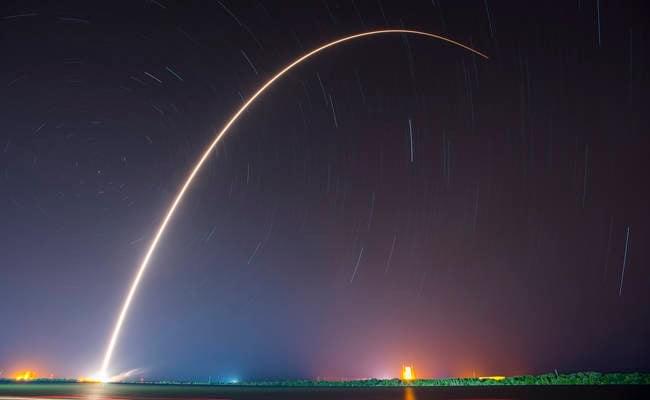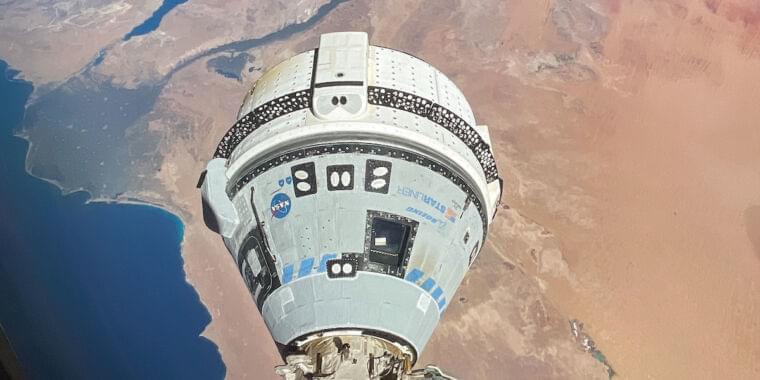Rocket horizon, led by a team from MIT, represents a pioneering interdisciplinary effort to create sustainable lunar habitats.
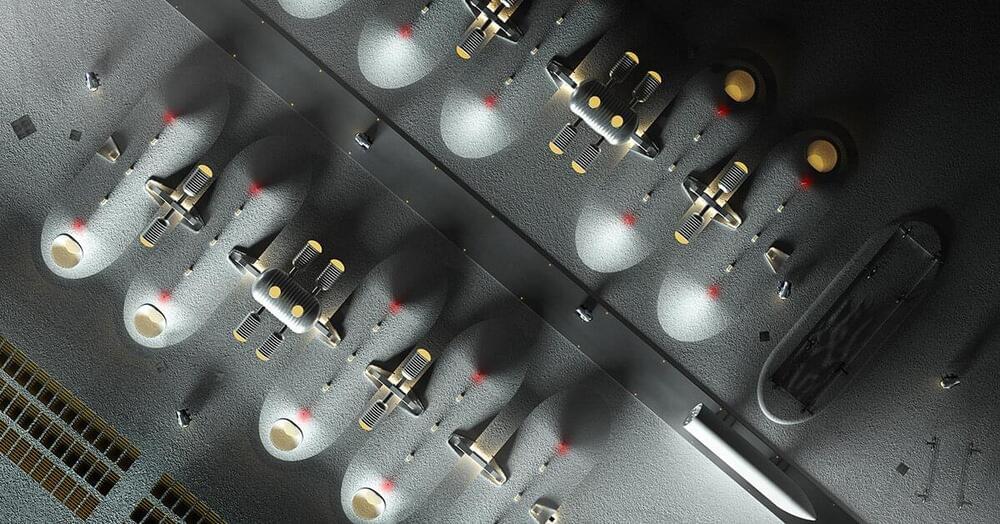

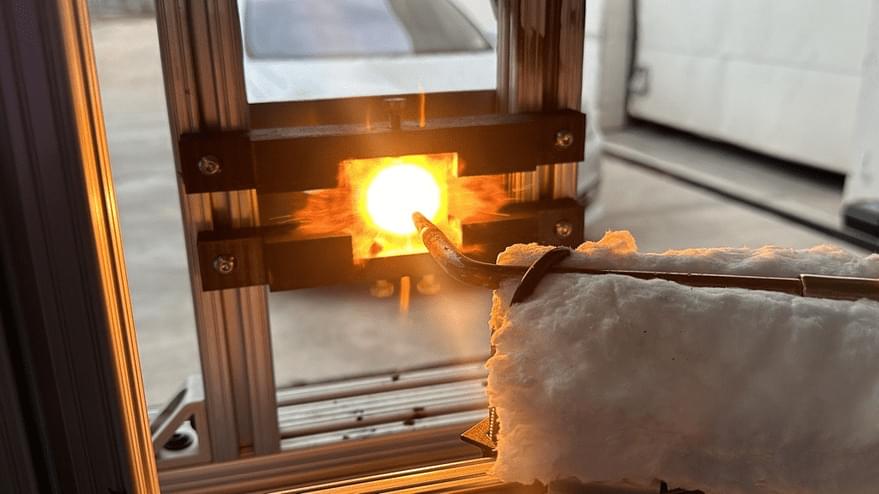
One contract focuses on Canopy’s transpiration-cooled TBS. Under a second contract, Canopy will embed high-temperature sensors in the TPS material.
Denver-based Canopy was founded in 2021 to develop manufacturing processes that rely on software, automation and 3D-printing to supply heat shields for spacecraft and hypersonic vehicles.

State media Xinhua issued a brief report on Sept. 5 (Eastern), confirming the spacecraft’s return to Earth. The report provided no images, nor information regarding the mission and its landing site.
The “success of the experiment demonstrates the growing maturity of China’s reusable spacecraft technologies, which will pave the way for more convenient and affordable round-trip methods for the peaceful use of space in the future,” the report read.

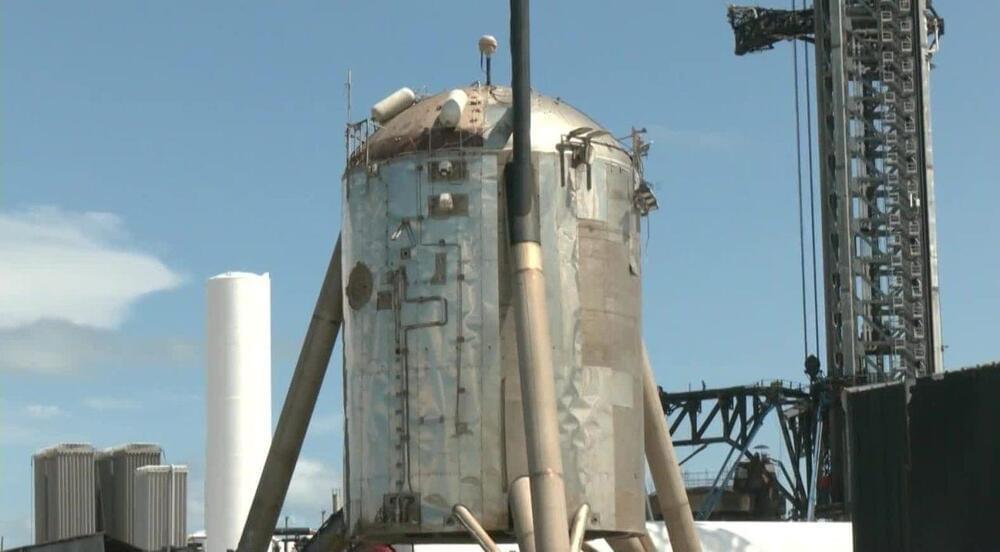
BOCA CHICA, Texas (ValleyCentral) — A tourist staple at the Boca Chica SpaceX launch site is being relocated.
Many space enthusiasts who have been following SpaceX’s progression in the Rio Grande Valley know that the Starhopper started it all for the space flight company in South Texas.
In 2019, the Starhopper prototype performed its first successful 150 meter flight at the SpaceX Starbase (Boca Chica) site. Since then, the company has continued to test its flight engineering with different SN rockets.

A solid state turbine may be the next evolution for marine travel, just like Novium is the next evolution of pens.
Enjoy 10% OFF and free shipping on all Hoverpens with code PLASMA:
North America \& other countries: https://bit.ly/plasma_novium.
UK \& Europe: https://bit.ly/plasma_noviumeu.
Learning from my first design, I created an improved marine thruster that uses magnetohydrodynamic thrust. It took the better part of a month, and plenty of tests. This really pushed my 3D printing skills to the limit, but it also lead to fully functional thruster that outperformed my expectations. Thanks to Onshape for their awesome modeling program. Create a free Onshape account here: https://Onshape.pro/PlasmaChannel.
First MHD thruster video here: • Using Stealth Propulsion for Ocean Tr…
Support / Follow Plasma Channel on:
Patreon: / plasmachannel.
Twitter: / channelplasma.
Facebook: / plasmachanne…
Instagram: Plasma_Channel_Official.
Check out the new merch here: https://crowdmade.com/collections/pla…
=======================
Music credits
======================
Title screen music:
Song: Sappheiros — Awake.
Music provided by Vlog No Copyright Music.
Creative Commons — Attribution 3.0 Unported.
Video Link: • Sappheiros — Awake (Vlog No Copyright…
ALL other music provided by Epidemic Sounds.
#future #innovation #MHD
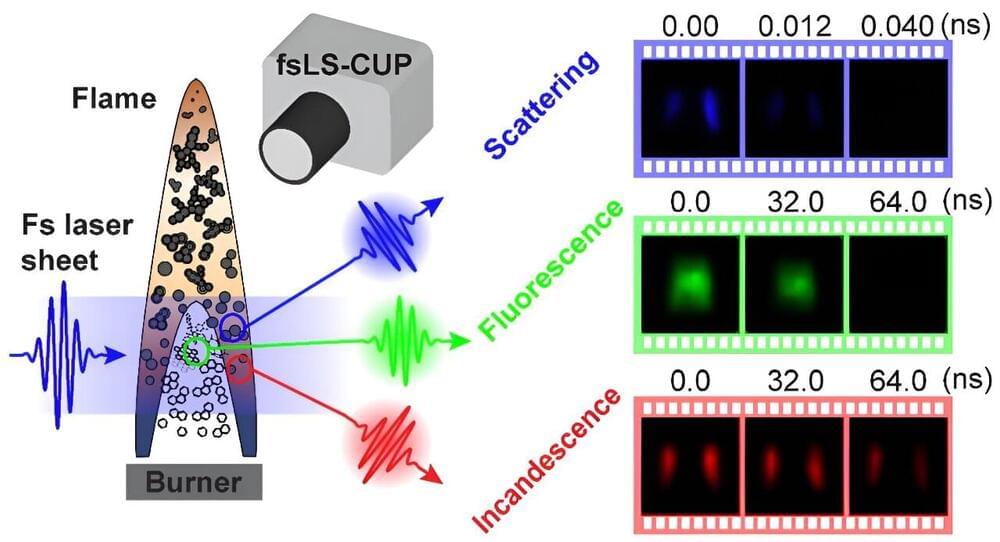
Candle flames and airplane engines produce tiny soot particles from polycyclic aromatic hydrocarbons (PAHs) as their precursors, both of which are harmful to humans and the environment. These carbon-based particles are also common in space, making up 10–12% of interstellar matter, and are becoming valuable for use in electronic devices and sustainable energy. However, the fingerprint signals of soot and PAHs have very short lifespans in flames—lasting only a few billionths to millionths of a second. This brief existence requires very fast cameras to capture their behavior in both space and time.
